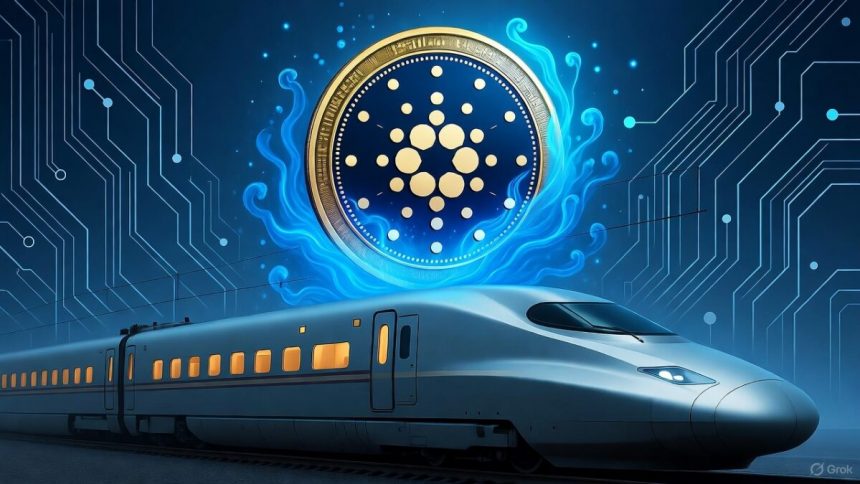On October 31st, Input Output Global (IOG), the main developer of Cardano and founded by Charles Hoskinson, announced new updates to its network.
This is Ouroboros Phalanx, an improved version of the consensus protocol that the company describes as “making network attacks more difficult and significantly lower costs, while at the same time… Transactions can be up to 30% faster ».
According to a document published by IOG, Phalanx will strengthen the foundation of Cardano's consensus mechanism (proof of stake, PoS). Addressing randomly generated vulnerabilitiesknown as an attack “grinding”.
In this type of attack, a malicious attacker attempts to manipulate the process that generates random numbers within the protocol. To increase the probability of generating the next blockthus compromising the fairness of the system.
To avoid that step, Phalanx introduces so-called “verifiable delay functions” (VDFs).
These algorithms are: A verifiable minimum computation time is required before producing resultsThis prevents an attacker from running multiple attempts in parallel to change the randomness of the process.
Additionally, this protocol extends the way randomness is constructed. epoch (the period during which network blocks are grouped together) to perform this type of attack. “It's rapidly becoming more expensive and it's not realistically possible.”according to the document.
In the analysis published on social networks make attacks virtually impossible grinding.
According to their assessment, this update will make the network “fairer and more decentralized” as the selection of validators is based on a two-stage randomization process. epochThis reduces the opportunity for manipulation.
Updates to improve Cardano speed
The announcement also details how this update not only strengthens the security of Cardano consensus, but also improves overall network performance. Reduce transaction settlement time by up to 30%.
This means operations within Cardano can be verified more quickly without compromising decentralization or network integrity.
At the time of this writing, CardanoScan block explorer does not allow network blocks. Processed every minute on average.
In that sense, LaPetite added that in addition to improving performance with Phalanx, Cardano also improves the user experience for decentralized financial applications (dApps).
This will be the implementation of Phalanx in Cardano
According to IOG, Phalanx is already active at the protocol level, but its full implementation will proceed in stages.
The next phase begins when the node operator integrates the update into the system.
After a testing phase on a test network, the final deployment is performed through a hard fork, an update that introduces changes that are incompatible with previous versions of the software.
Furthermore, the process will have a chain governance mechanismThis allows the community to adjust Phalanx parameters and configuration according to their network needs.
Finally, IOG says Phalanx is built as an extension of the Ouroboros Praos protocol (the current version of Cardano's consensus system) and remains fully compatible with existing infrastructure.
Additionally, this sets the stage for future scalability improvements, such as Peras for the next development. Further optimize network processing power.

